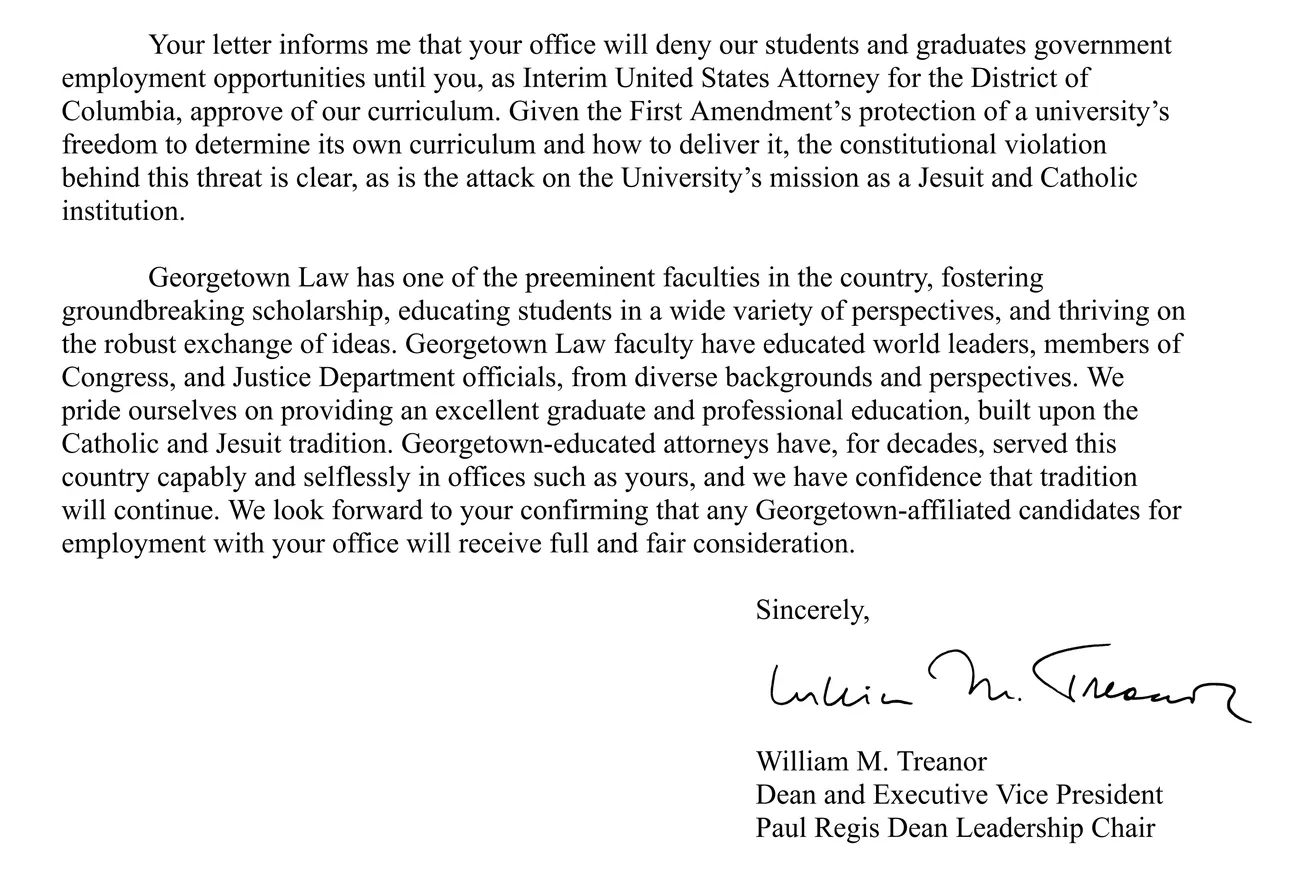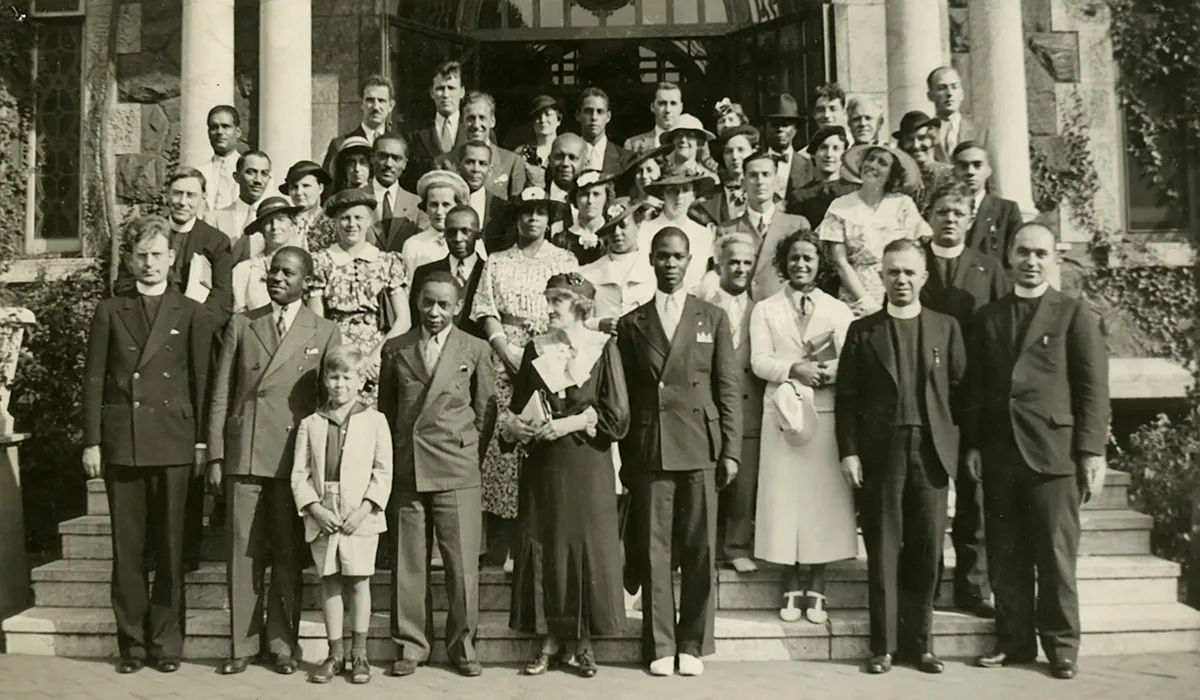A bust of Thurgood Marshall, the first Black justice in US Supreme Court history, will adorn the US Capitol in the new year, following President Joe Biden’s signing of a historic bill passed earlier this month in Congress.
The to-be-commissioned work will replace that of former chief justice Roger B. Taney, a Catholic who in 1857 authored the infamous Dred Scott decision, which barred African Americans from US citizenship and fomented the American Civil War. Taney was nevertheless immortalized in the Capitol's Old Supreme Court Chamber, where justices conducted business during the early to mid-19th century.
The bill to remove his statue came courtesy of US Rep. Steny Hoyer of Maryland and was co-sponsored by 18 others in the House—including a Black Catholic in Anthony G. Brown of Maryland and the formerly Catholic Barbara Lee of California.
“For three years, I have been proud to work with my colleagues in the House and Senate on this critical legislation and fight to ensure our nation’s Capitol reflects the very best of America,” Hoyer said in a statement on Tuesday.
“Taney is not worthy of glorification in the sacred halls of our temple to democracy.”
Marshall, a Baltimore native appointed in 1967 as the first of three Black justices in the high court’s history, was largely responsible for undoing several of Taney and other justices’ anti-Black rulings, as the architect of a number of critical cases during the Civil Rights Movement. These included Brown v. Board of Education, Shelly v. Kraemer, and Sweatt v. Painter—which respectively dealt with segregation in education, housing, and the general doctrine of “separate but equal.”
Marshall was later siloed as the court’s lone progressive, and retired as an associate justice in October 1991 shortly before his death 16 months later. He was posthumously awarded the Presidential Medal of Freedom by President Bill Clinton in 1993.
“Marshall dedicated his life to the pursuit of justice and civil rights for all. We should be elevating leaders like him in our Capitol—those who broke down barriers on the path to shape the United States into the more perfect union we strive to create—not those like Roger Taney who fought to hold us back,” said US Sen. Chris Van Hollen, who co-sponsored a companion bill for the bust with fellow Marylander Ben Cardin.
“As we continue the fight to build a more just and equal America, I’m grateful to President Biden for signing our bill to memorialize Justice Marshall’s work in the halls of Congress and honor his legacy of propelling our nation towards justice.”
It’s official, w/ @POTUS’ signing of our bill, the bust of Justice Thurgood Marshall, a MDer & the 1st Black American to serve on SCOTUS, is headed to the old Court Chamber in the Capitol & Justice Taney’s, who defended slavery in the shameful Dred Scott decision, will be removed pic.twitter.com/jooTYAozlP
— Senator Chris Van Hollen (@ChrisVanHollen) December 29, 2022
The decision from the president occasions only the latest removal of Taney’s public honors, as the historic Coast Guard ship USCGC Taney was stripped of its title in 2020 during the height of Black Lives Matter protests.
Busts of Taney were also removed from Maryland's State House and Frederick City Hall in 2017, the same year a statue of him was hauled away from downtown Baltimore by local officials. A public school in Temple Hills, Maryland named for Taney was renamed after Marshall in 1993.
Justice Marshall is currently the namesake of a number of other public works, including the Baltimore international airport, the US district courthouse in New York City where he once worked as a judge, and various schools and libraries across the country.
Though some reports have indicated that the bust of Marshall will be placed in the National Statuary Hall, a chamber in the US Capitol known for its full-body sculptures of prominent Americans, the signed legislation only stipulates that a bust be installed “in the Capitol or on Capitol Grounds.”
Nate Tinner-Williams is co-founder and editor of Black Catholic Messenger, a seminarian with the Josephites, and a ThM student with the Institute for Black Catholic Studies at Xavier University of Louisiana (XULA).











